Iranian lawmakers urge govt. not to back down from red lines during Vienna talks
More than 200 Iranian lawmakers have called on the incumbent administration not back down from its red lines and national interests in the course of negotiations with representatives from the remaining parties to the 2015 accord in the Austrian capital city of Vienna on the removal of sanctions against Tehran.
The legislators said in a joint statement on Sunday that the US government and the three European countries of Britain, France and Germany have failed to honor any of their commitments over the past eight years, have employed any means possible to harm the interests of the Iranian nation, and included medical items, including medicines, in anti-Iranian sanctions.
“Accordingly, we must learn from the past and set the Iranian nation’s interest as a red line, and do not commit ourselves to any agreement unless necessary guarantees have been received,” the statement read.
The legislators also stressed that Washington and its European allies must provide guarantees that they will neither pull out of Iran deal, officially known as the Joint Comprehensive Plan of Action (JCPOA) again, nor will they trigger the so-called snapback mechanism to reimpose Iran sanctions.
The statement went on to highlight that the US and the European countries must also remove all sanctions, such as ISA and CATSA, that have enforced against Iran on various pretexts, like nuclear activities, missiles development and human rights.
“The United States and other UN Security Council members must firstly live up to their commitment of sanctions removal, and Iran must go ahead and fulfill its commitments after the former’s actions have been verified,” the parliamentarians pointed out.
The lawmakers stated that Tehran, under Article 7 of the Iranian Parliament's Strategic Action Plan to Counter Sanctions, would reverse the reduction of its nuclear compliance once the Western side lifts sanctions, especially on oil and banking sectors, and allow unimpeded flow of exports cash.
The United States left the JCPOA in 2018 and began to implement what it called the “maximum pressure” campaign of sanctions against the Islamic Republic, depriving the country of the economic benefits of the agreement, including the removal of sanctions, for which Iran had agreed to certain caps on its nuclear activities.
In the meantime, the other parties to the deal, in particular France, Britain and Germany, only paid lip service to safeguarding Iran’s economic dividends as promised under the JCPOA, prompting Iran – after an entire year of “strategic patience” – to reduce its nuclear obligations in a legal move under the deal.
The Vienna talks began last April on the assumption that the US, under the Joe Biden administration, is willing to repeal the so-called maximum pressure policy pursued by former President Donald Trump.
Tehran says it will not settle for anything less than the removal of all US sanctions in a verifiable manner. It also wants guarantees that Washington would not abandon the agreement again.
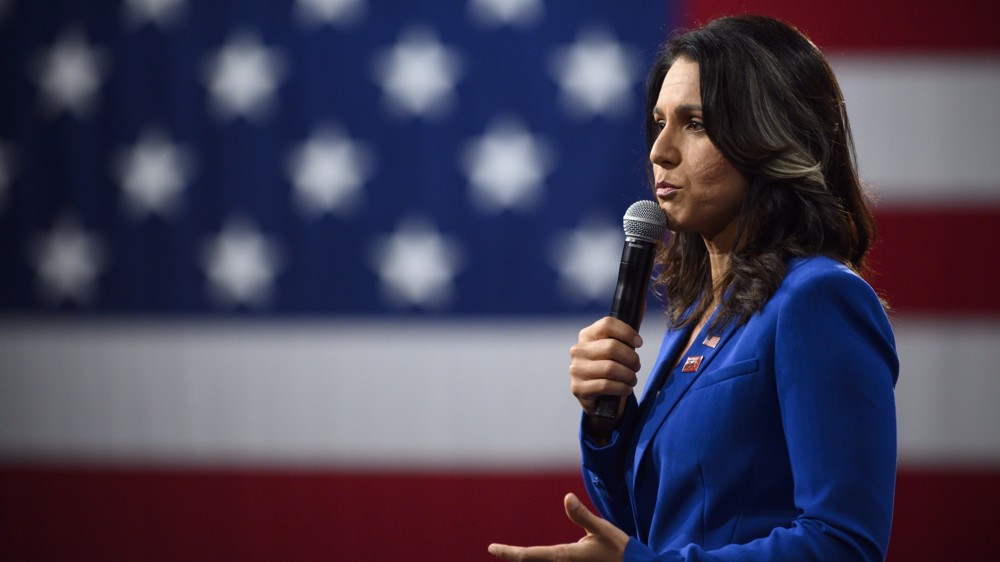
US intel report: Iran ‘not building nuclear weapon’
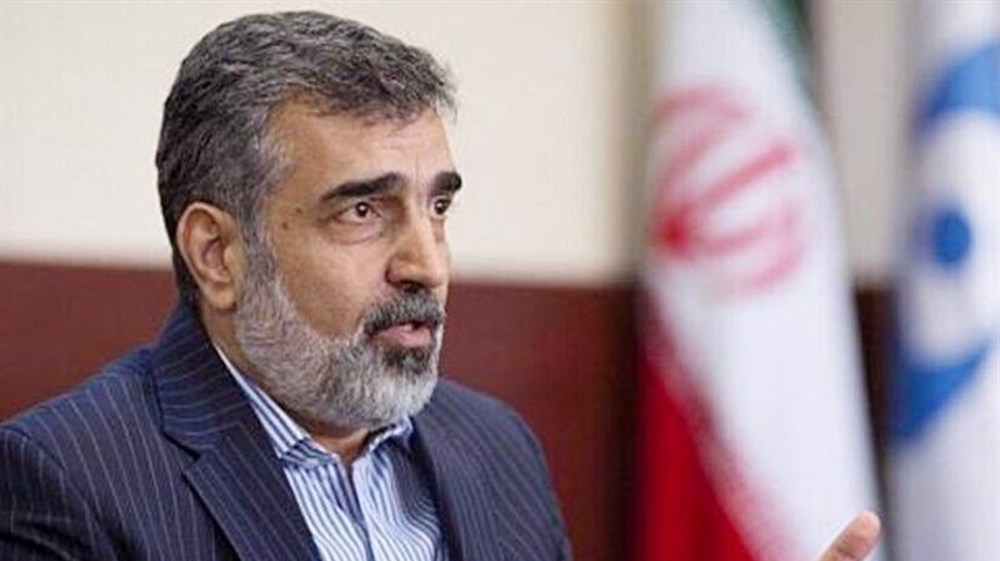
Iran warns against ‘adverse’ consequences of West’s undue pressure
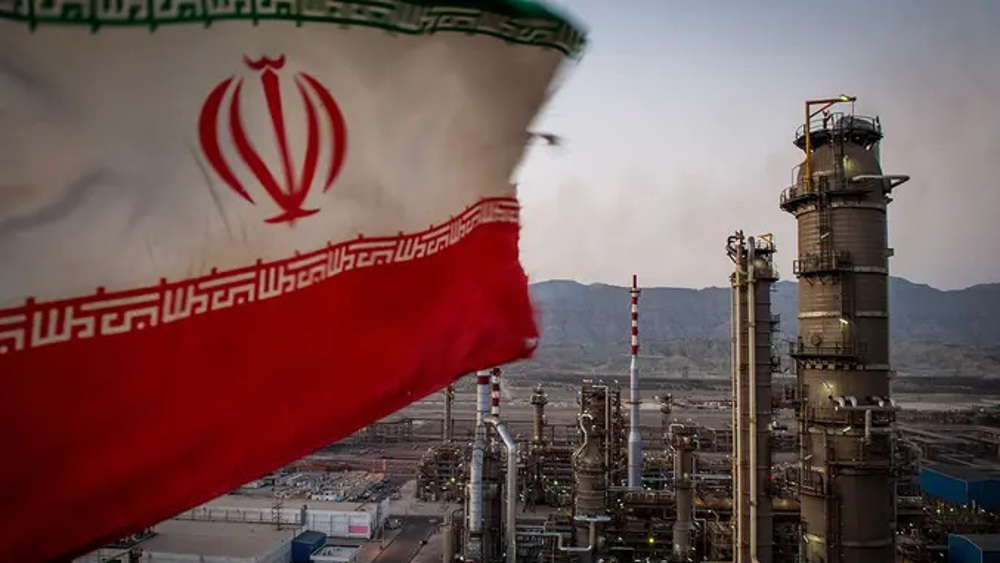
US imposes new round of sanctions against Iran
VIDEO | The story of Heyam: nowhere is like Gaza!
Israeli warplanes carry out more airstrikes near Damascus
VIDEO | 'War Criminal' welcomed
Denmark's PM visits Greenland after Trump threat to seize it
Pezeshkian: If Muslim nations unite, enemies cannot oppress them
Hundreds of thousands of Gazans flee as Israel ‘wipes out’ Rafah
Trump tariffs spark global condemnation as markets crash
Russia blasts Trump’s 'unacceptable' threat of bombing Iran


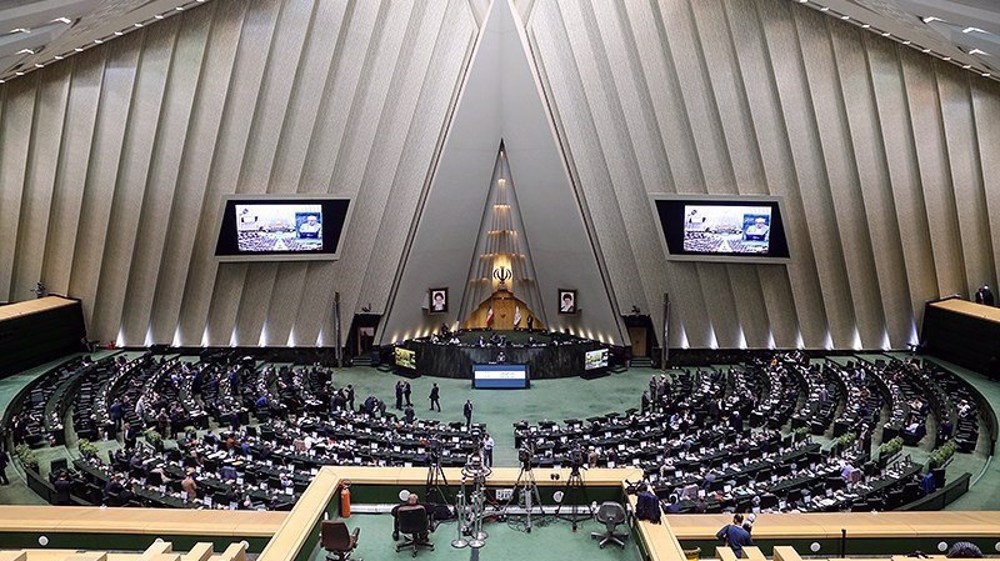
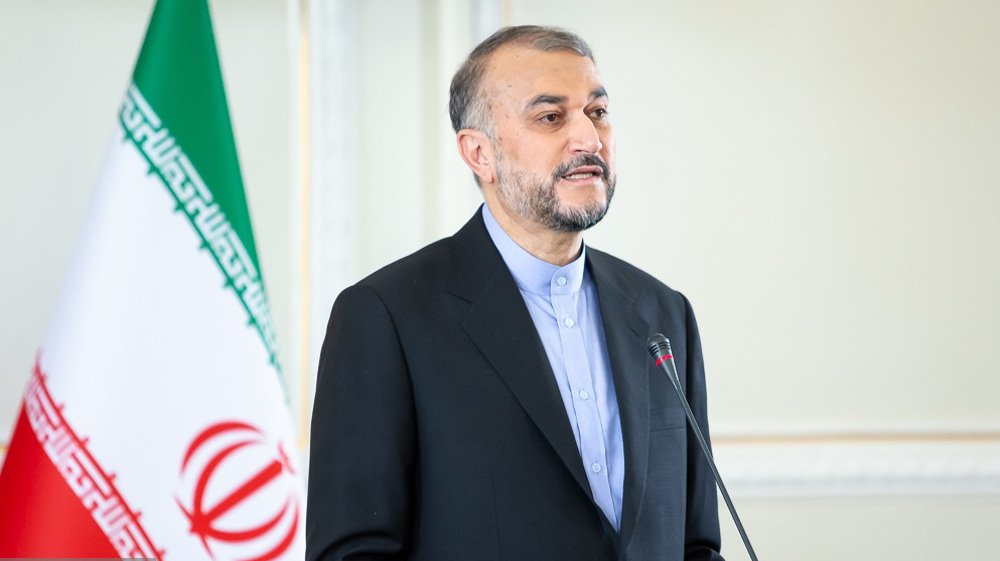
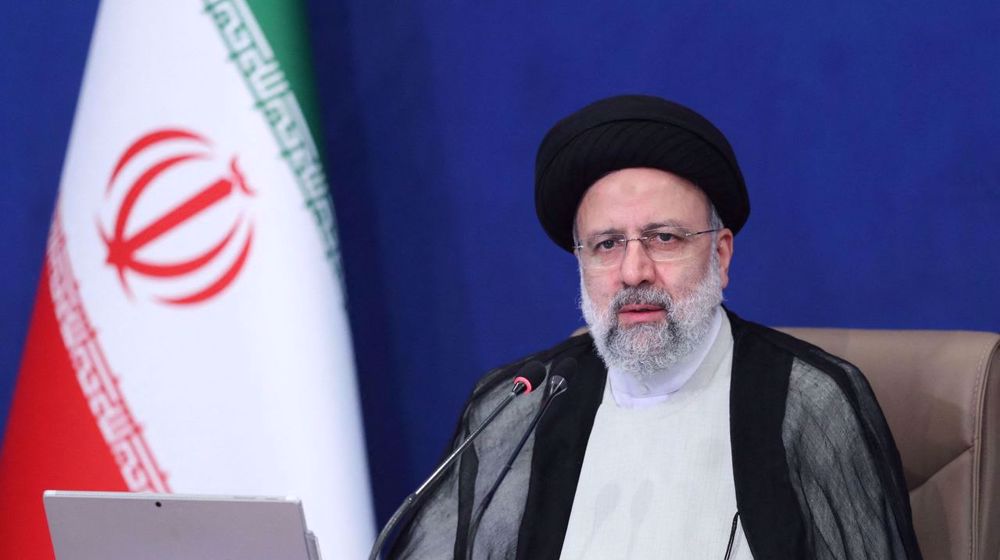



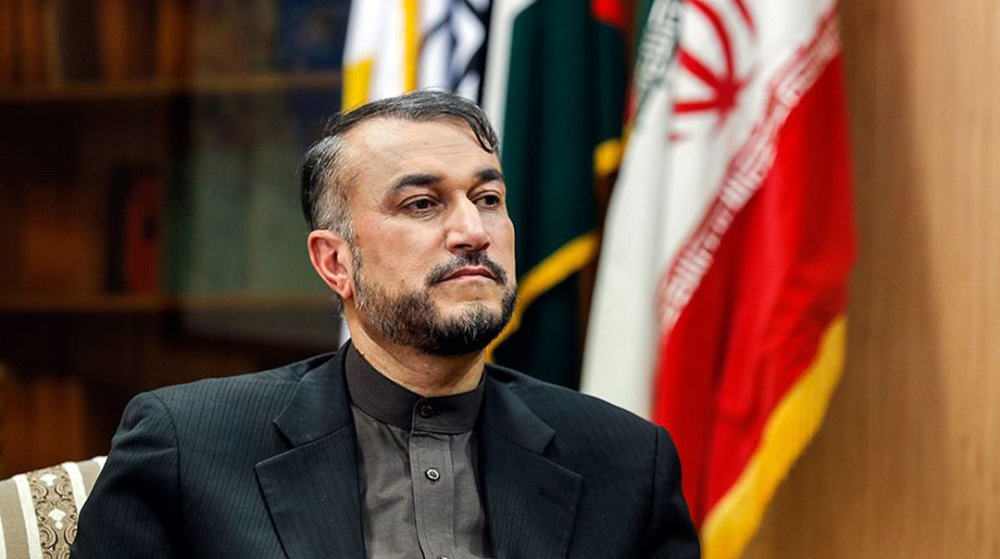
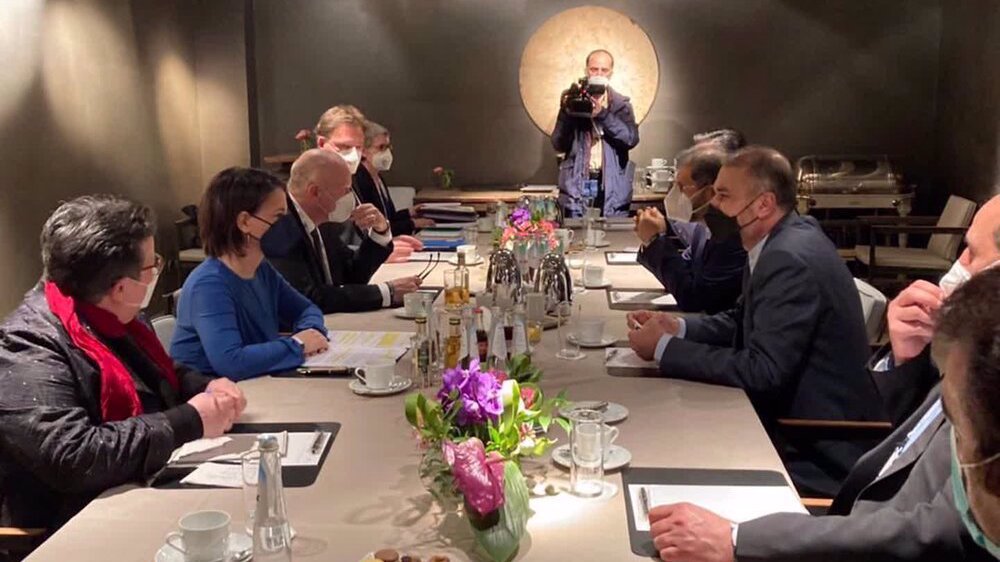
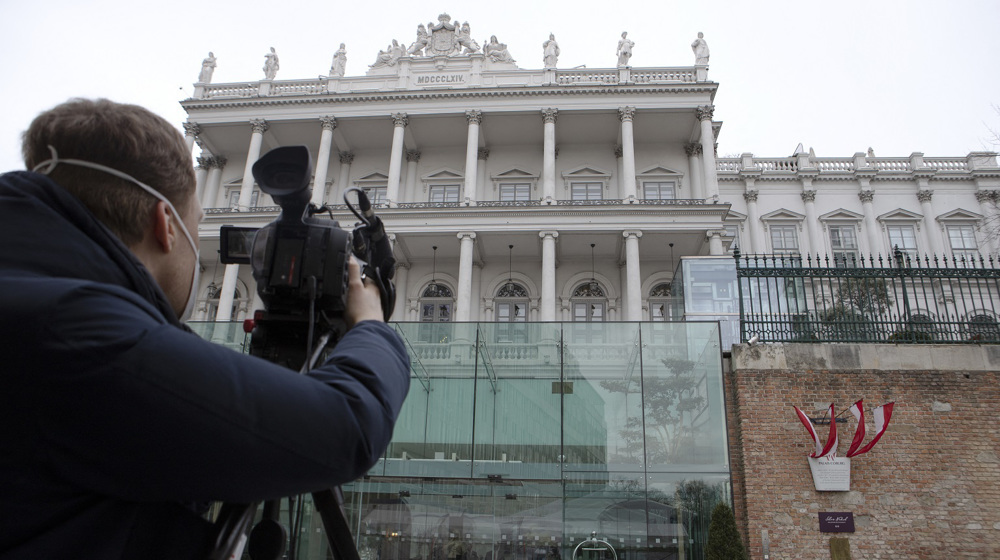
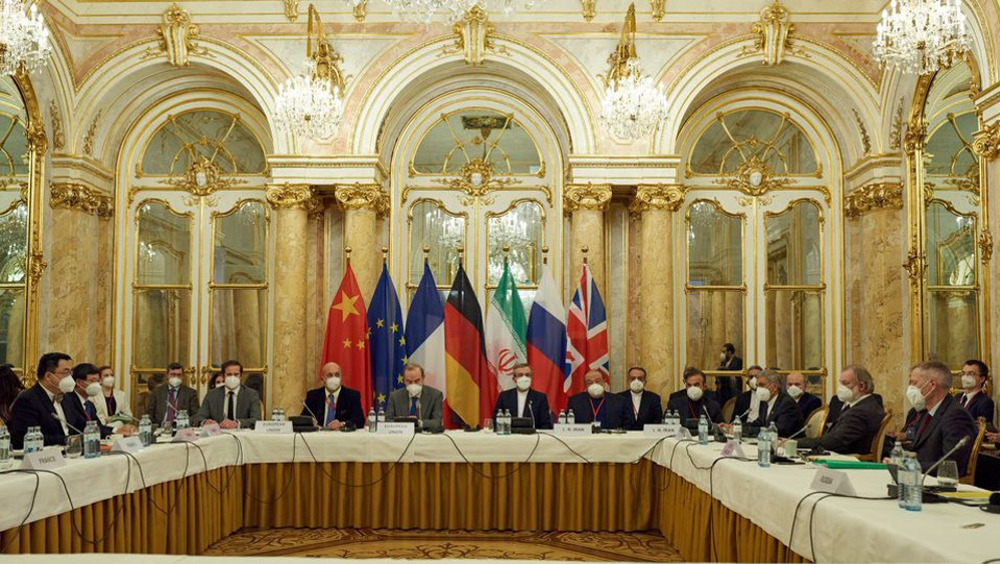
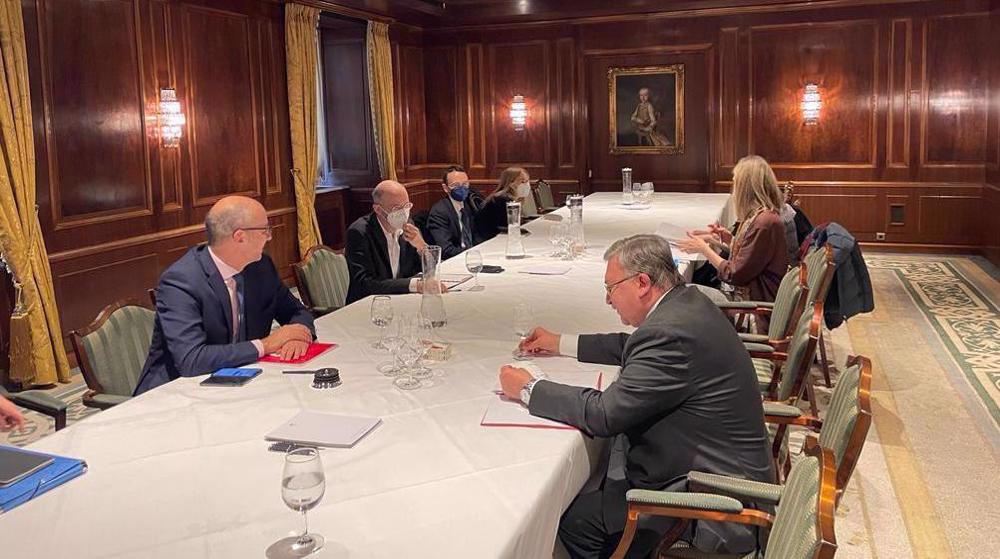

 This makes it easy to access the Press TV website
This makes it easy to access the Press TV website